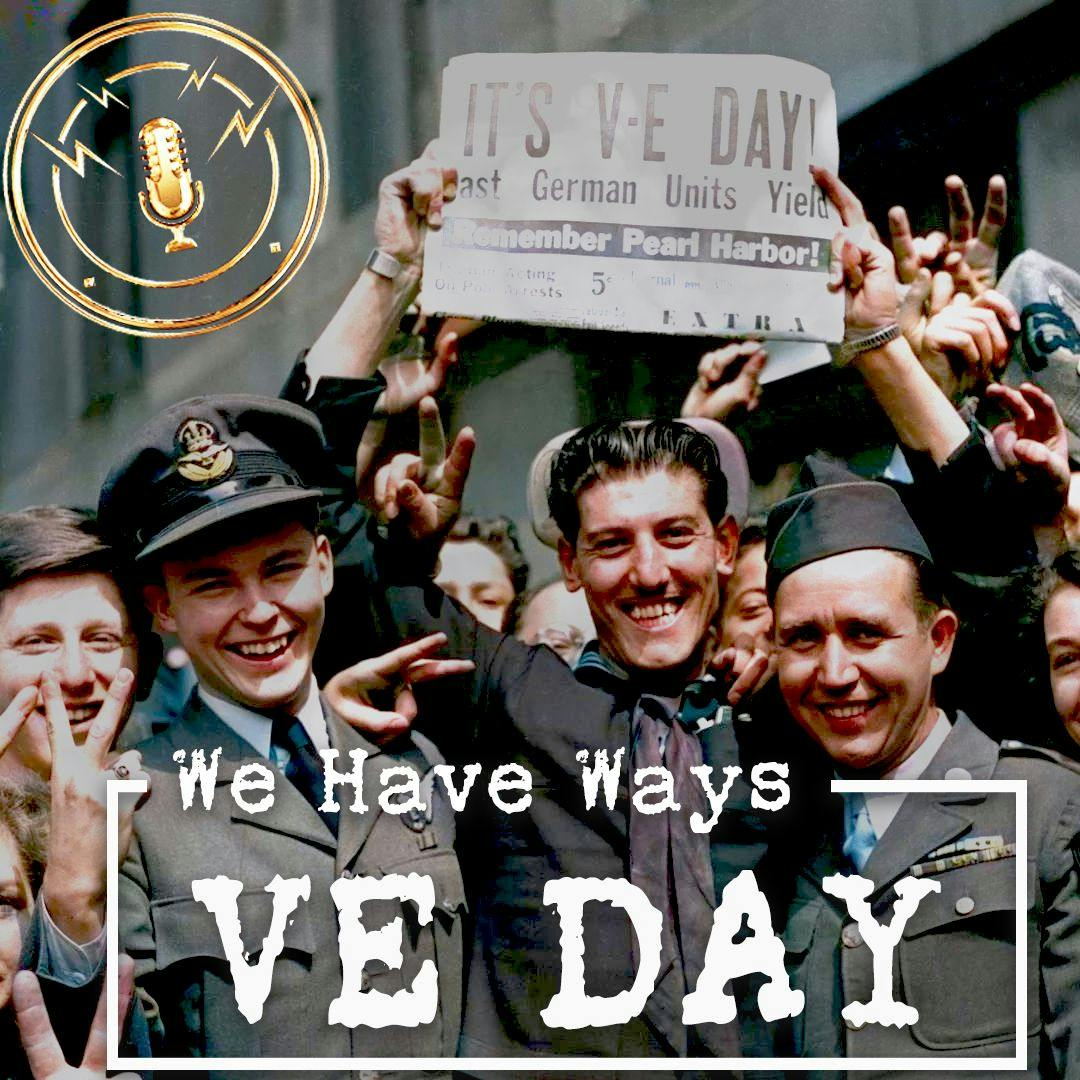VE Day: Crossing The Rhine (Part 2)
What challenges did the Allies face crossing the river Rhine? How did Montgomery and Patton invade the Nazi homeland? What lessons had been learned and put in place after six years of fighting in order to invade Germany?
Join James Holland & Al Murray as they uncover the pivotal but often overlooked final moments of WW2 in Europe - from the grand international politics of the new Cold War superpowers, down to often intense individual tragedies of the survivors.
EPISODES 3-4 ARE AVAILABLE FOR MEMBERS EARLY & AD FREE - SIGN UP AT patreon.com/wehaveways
A Goalhanger Production
Produced by James Regan
Exec Producer: Tony Pastor
Social: @WeHaveWaysPod
Email: wehavewayspodcast@gmail.com
Join our ‘Independent Company’ to watch exclusive livestreams, get presale events, and our weekly newsletter book and model discounts.
Membership Club: patreon.com/wehaveways
Learn more about your ad choices. Visit podcastchoices.com/adchoices
Join James Holland & Al Murray as they uncover the pivotal but often overlooked final moments of WW2 in Europe - from the grand international politics of the new Cold War superpowers, down to often intense individual tragedies of the survivors.
EPISODES 3-4 ARE AVAILABLE FOR MEMBERS EARLY & AD FREE - SIGN UP AT patreon.com/wehaveways
A Goalhanger Production
Produced by James Regan
Exec Producer: Tony Pastor
Social: @WeHaveWaysPod
Email: wehavewayspodcast@gmail.com
Join our ‘Independent Company’ to watch exclusive livestreams, get presale events, and our weekly newsletter book and model discounts.
Membership Club: patreon.com/wehaveways
Learn more about your ad choices. Visit podcastchoices.com/adchoices
Press play and read along
Transcript
Transcript is processing—check back soon.
WW2 Pod: We Have Ways of Making You Talk — VE Day: Crossing The Rhine (Part 2)





